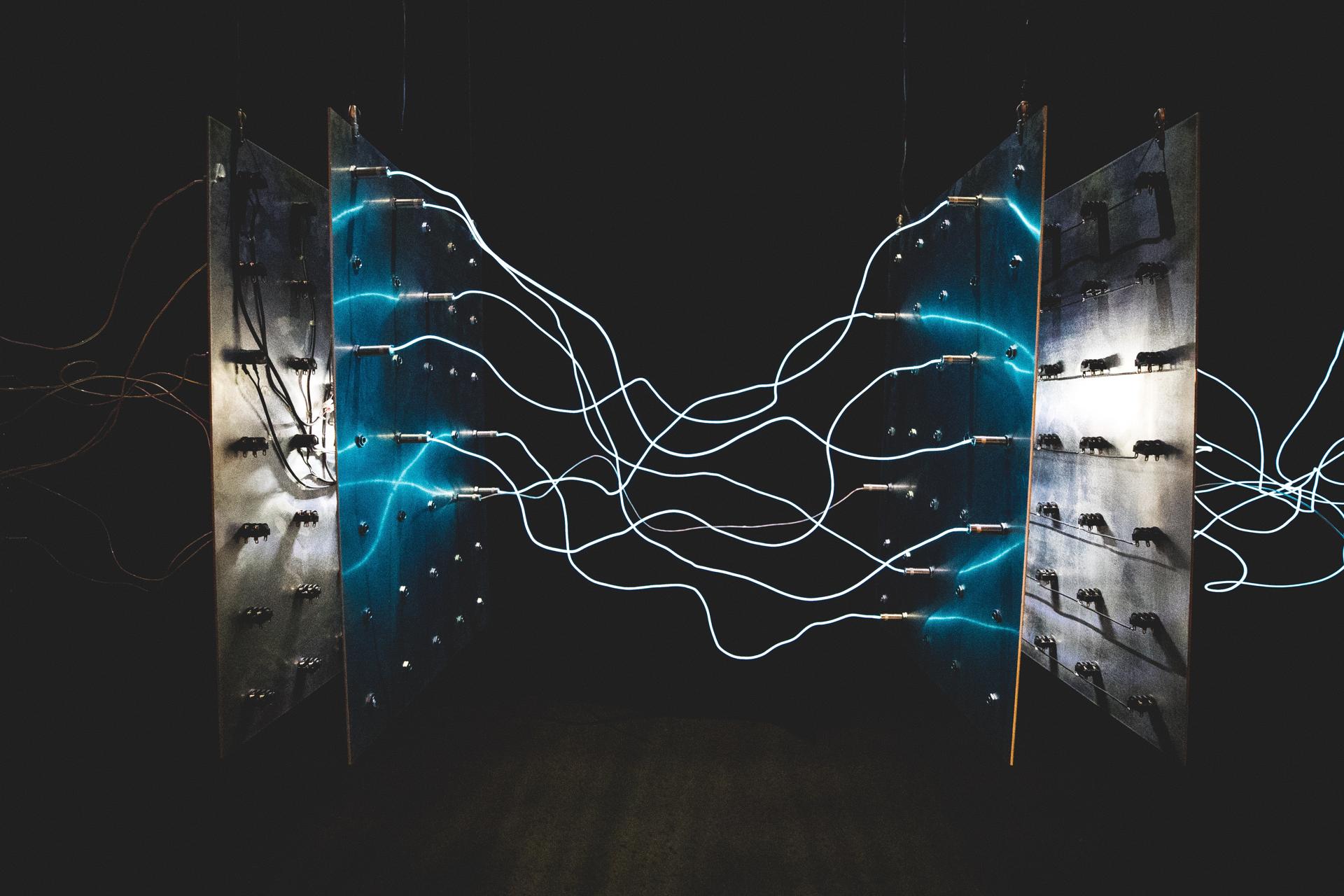Don't Get Zapped! A Decade of Essential Electrical Safety Recommendations for Homeowners

Being a responsible homeowner ensuring the safety of your family as well as your the property is your primary priority. One of the most important security features of your home is the electrical system. Electrical accidents and injuries can cause death, which is why it’s essential to take measures to prevent them. This article will provide ten crucial electrical safety tips that will protect your family and home from harm.
Tip 1: Ensure You Check Your electrical cables regularly
Frayed or damaged electrical cords can be hazardous, causing electrocution and fires. Make sure to regularly inspect your cords to make sure they’re in good working order. If you find any damages you should replace them as soon as possible. It is also important to ensure that cords are not placed in areas of high-traffic that they are likely to be chewed or tripped over by pets.
Tips 2: Make sure to keep Electrical devices out of water.
Water and electricity are an unwise combination. Be sure to keep electrical devices out of water sources, such as sinks, bathtubs, and even pools. If you must utilize electrical appliances close to water, make sure they’re specifically designed for this purpose, and follow the safety guidelines provided by the manufacturer.
Tip 3: Be careful not to overload Outlets
Overloading outlets by plugging too many devices into them can result in overheating and fires. Use extension cords and power strips that have multiple outlets instead of overloading just one outlet. Be sure that the cords or power strips you use are rated for the power load they’ll be carrying.
Tip 4: Always have a Fire Extinguisher on Hand
In the event of an electrical fire the presence of a fire extinguisher in reach will help put out the fire quickly and stop further damage from occurring. It is vital to get the appropriate kind of fire extinguisher that is compatible with your home’s electrical system. Look for an extinguisher classified as a Class C fires, which are caused by electrical equipment.
Tip 5: Make use of Surge Protectors
Lightning strikes, power outages or damaged wiring could cause damage to your appliances and electronics. Surge protectors help protect your devices by directing excess voltage to the ground. Be sure to use surge protectors that are designed to the particular electrical load of your devices.
Tip 6: Employ an expert Electrician for Repairs
DIY electrical repair projects can be hazardous and can result in injuries or destruction to your property. Employing an insured and licensed electrician to repair electrical issues is vital for your security and peace of mind. At East Auckland Electricians, we have a team of expert electricians that can take care of all your electrical requirements.
Tip 7: Install GFCIs within Your Home
Ground fault circuit interrupters (GFCIs) are able to help you avoid electrical electrocution and electric shocks by detect ground faults and cutting off the electrical supply. Place GFCIs on areas that have water, such as bathrooms, kitchens as well as outdoor areas.
Tip 8: Don’t attempt DIY Electrical Work
DIY electrical work can be riskyand one small error could result in serious damage to your home and endanger your life. You should leave electrical work to experts to ensure that the work is safely done and in a safe manner.
Tip 9 Tip 9: Teach Your Children About Safety of Electrical Safety
Instructing your children about electrical safety is an essential element of making sure they are safe. Make them aware of the dangers when playing with electrical devices and cords and the necessity to avoid touching outlets. Educate them on how to respond in the event of an electrical emergency, like a power failure or a fire.
Tip 10: Keep Informed About Electrical Safety
Staying informed about electrical safety is essential to make sure you’re aware of any potential hazards and the best way to protect yourself from them from happening. Follow East Auckland Electricians on social media and read our blog to stay informed about the most current information on electrical safety and the latest trends. You can also consult with our experts electricians with any queries or questions you may have.
Conclusion
In conclusion, electrical safety is a crucial aspect of protecting your home and loved ones protected. By following these ten essential electrical safety tips You can avoid injuries and electrical accidents, and secure your home. We at East Auckland Electricians, we are dedicated to providing top-quality electrical services to ensure that your home’s electrical system is safe and secure. Contact us now for all your electrical needs.
FAQ
Is it safe to plug multiple outlets into one outlet?
No, this is not secure and could cause an electrical fire. Instead, opt for a surge protector with multiple outlets.
Do I have to put a hair dryer in the tub?
No, never use electrical devices near water, in particular in the bathroom.
When should I replace my electrical cords?
If you notice any signs of fraying or damage to the cords, it’s time to change them.
Do I require GFCIs in my entire home?
It is suggested installing GFCIs in areas that have water like bathrooms, kitchens and outside areas.
When should I have my electrical system at home inspected?
It is recommended to undergo an electrical check every 10 years or sooner if you notice any problems. Contact East Auckland Electricians to schedule an inspection.
